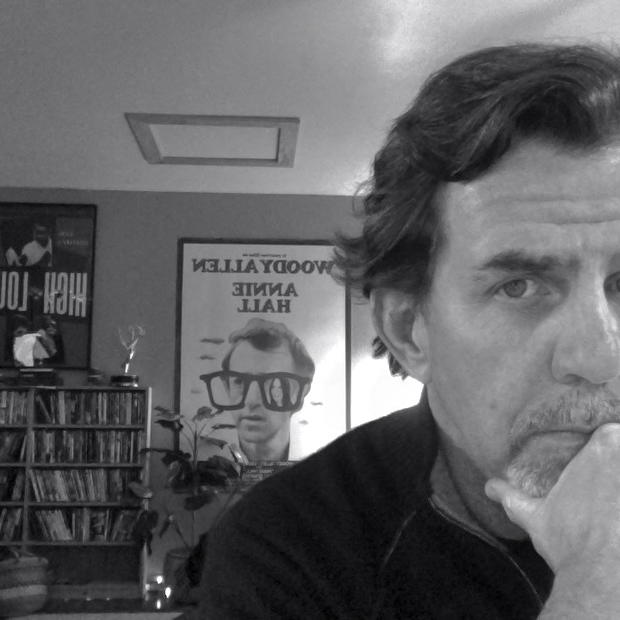The dominant theme of last Sunday’s Super Bowl commercials was America. Not the America of men and their trucks, the America of hipsters and their devices, the “America, F*** Yeah!” of those South Park wags. It was the America of tolerance and diversity, a rainbow coalition of races, religions and classes deglazed into one mutable spectrum, photographed with the quavering camera and lambent warmth of a Terrence Malick film. Three ads in particular followed this formula.
One starred our poet laureate of recalcitrance, Bob Dylan, striding through a nostalgic hall of mirrors depicting scenes from his own life, reciting a loping rap that asked, “Is there anything more American than America?” and intercut with iconic images of Little League baseball, cowboys and a ferris wheel. I loved it, but when the Chrysler logo appeared my game-watching mates groaned.
Another ad featured Quvenzhané Wallis essentially reprising her role as Hushpuppy from Beasts of the Southern Wild, declaiming perseverance and patience in a string of nonsensical phrases accompanied by portentous images of nature, fire and, uh, a ballet dancer. It was an ad for the Maserati Ghibli which retails for $67,000, a car Wallis could probably now afford (if she was old enough to drive).
Coca-Cola’s America the Beautiful commercial was a conspicuous plea for inclusiveness, a dream of a magical America in which all languages come together to sing our back-up national anthem (although Woody Guthrie’s “This Land is Your Land” will always have my vote). Again, the found footage aesthetic of independent film — foregrounded nature shots, people glimpsed through windows — drives the visuals, and there is an abundance of middle-class faces, including a gay couple with an adopted child. This America certainly exists, but will we ever sing together?
Maybe it was the pride in realizing the Seahawks had finally buried the beleaguered era of Seattle sports also-rans, but for 60-seconds I experienced an impractical hope in Coke’s vision of this radiant future.
One starred our poet laureate of recalcitrance, Bob Dylan, striding through a nostalgic hall of mirrors depicting scenes from his own life, reciting a loping rap that asked, “Is there anything more American than America?” and intercut with iconic images of Little League baseball, cowboys and a ferris wheel. I loved it, but when the Chrysler logo appeared my game-watching mates groaned.
Another ad featured Quvenzhané Wallis essentially reprising her role as Hushpuppy from Beasts of the Southern Wild, declaiming perseverance and patience in a string of nonsensical phrases accompanied by portentous images of nature, fire and, uh, a ballet dancer. It was an ad for the Maserati Ghibli which retails for $67,000, a car Wallis could probably now afford (if she was old enough to drive).
Coca-Cola’s America the Beautiful commercial was a conspicuous plea for inclusiveness, a dream of a magical America in which all languages come together to sing our back-up national anthem (although Woody Guthrie’s “This Land is Your Land” will always have my vote). Again, the found footage aesthetic of independent film — foregrounded nature shots, people glimpsed through windows — drives the visuals, and there is an abundance of middle-class faces, including a gay couple with an adopted child. This America certainly exists, but will we ever sing together?
Maybe it was the pride in realizing the Seahawks had finally buried the beleaguered era of Seattle sports also-rans, but for 60-seconds I experienced an impractical hope in Coke’s vision of this radiant future.



